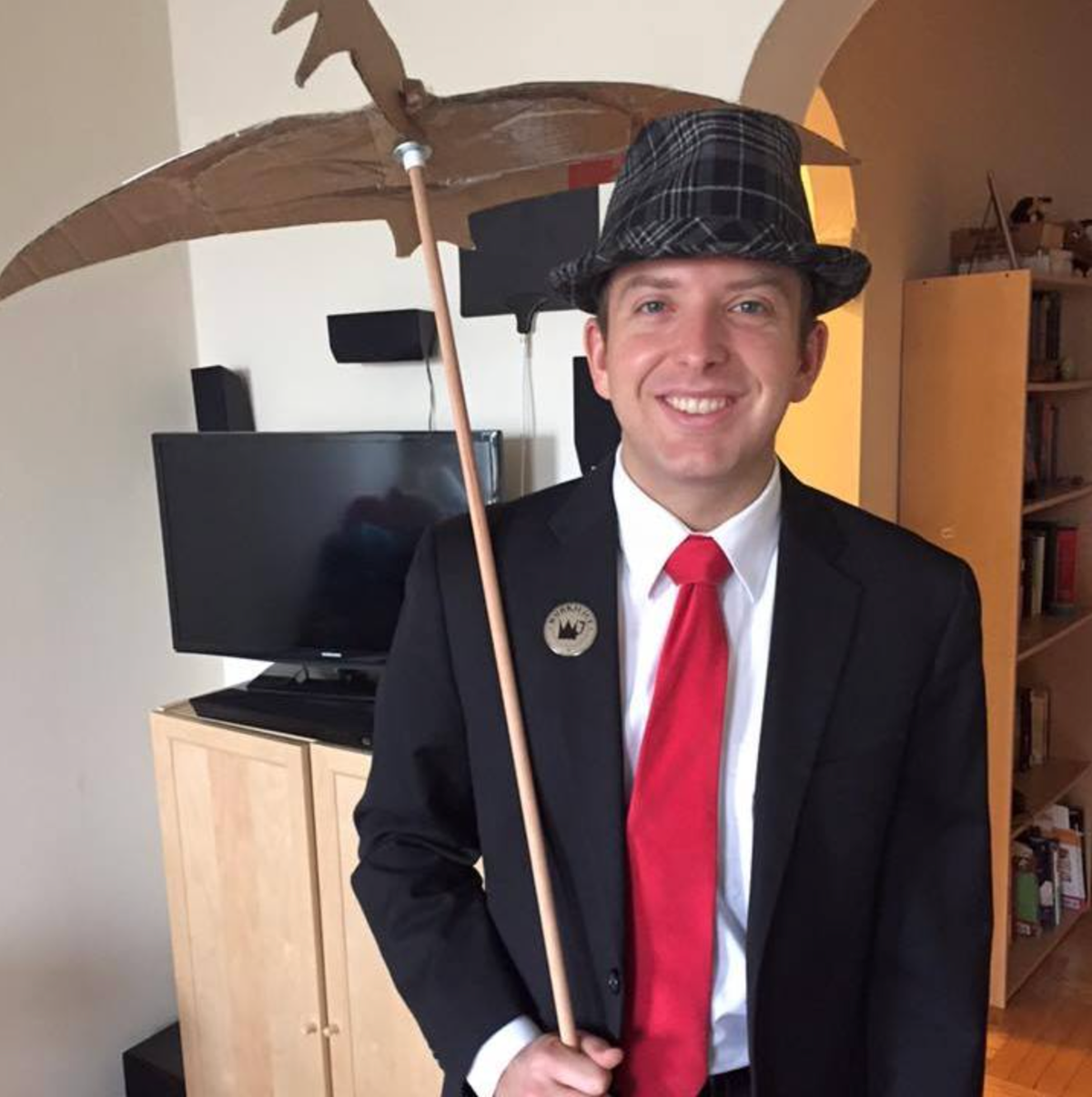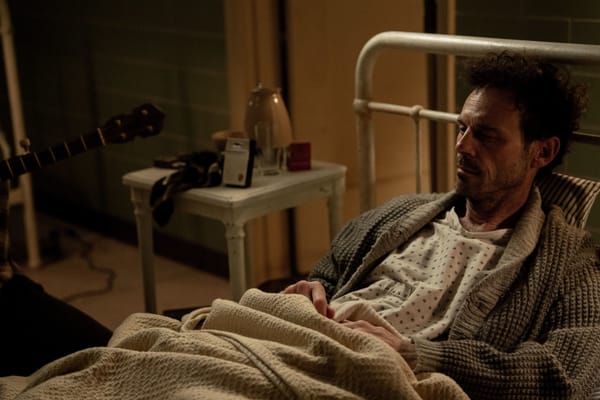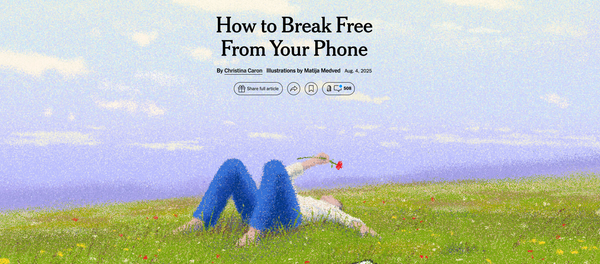Learning Theory: ConstrucTIONism

"He must increase, but I must decrease." – John the Baptist
I wanna start with the important quote from today's learning theorist:
The goal is to teach in such a way as to produce the most learning from the least teaching.
This is the best encapsulation I know of the teaching philosophy of Seymour Papert, hero of the Maker Movement and champion of the concrete.
Papert extends constructivism into an approach he calls construcTIONism. In short, we learn by doing, by getting our hands dirty, by building on past knowledge and experience to actually build not just new knowledge but real-world objects / creations / "artifacts."
When we invite learners to create something that is meaningful to them, we tap into their intrinsic motivation and get to spend a lot less time and effort trying to convince them to do the work. Makers lose themselves in the process of bringing their creations to life.
Meanwhile, teachers can take a step back and be a lot more strategic about "instruction." Ideally it comes in small, digestible bursts, possibly in a "just in time" way while students are working.
What do we teachers do in the meantime? Well, observe a lot more. We get to see our students' learning externalized in powerful ways, through the work they do to create their artifact. Papert calls artifacts "objects to think with."
I said "concrete" above, but one reason I prefer the term "artifact" to "object" is that much of the making that constructionist learning can now nurture is digital. The "real life" part of ensuring that this kind of learning is personally meaningful is much more important than the distinction about whether these artifacts are physical or digital.
As an Odyssey of the Mind kid, and then a newspaper kid, and then an engineering student, I have a major bias toward constructionist pedagogies. But I would argue this bias is really helpful in professional education like seminary.
If you take my class, you've gonna make things, things that can make a difference in your real-life ministry: lesson plans, teaching videos, guided prayer podcasts, vestry presentations, media-based personal narratives, etc. If what students really want to "make" is a tradition academic paper, then OK. But you probably wouldn't be surprised how few choose that option when there's greater flexibility and the invitation to be creative.
I'd love to hear your questions about constructionism. It's much less discussed than other theories, I think perhaps because people think of it as "obvious." But wow am I an evangelist, and I'd love to share more in ways that can be helpful.



